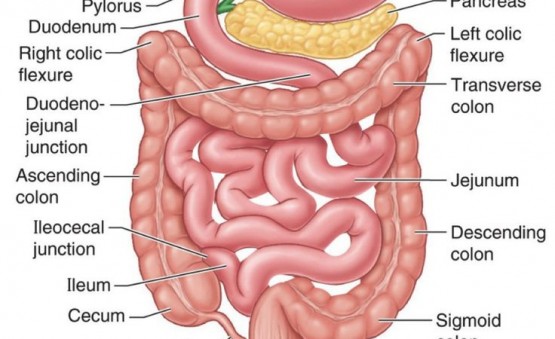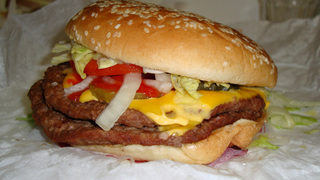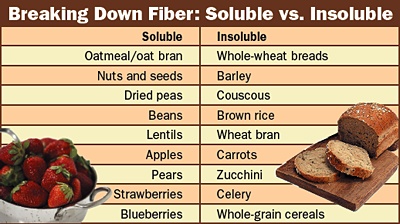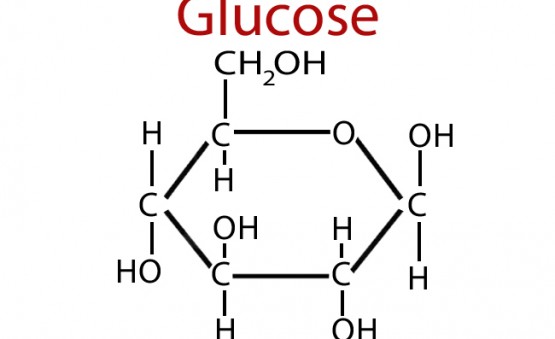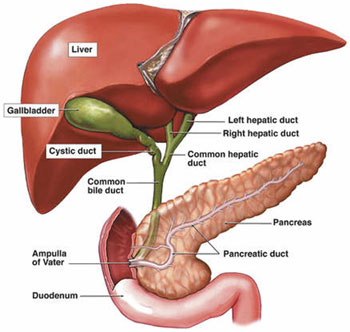
What Bacteria Cause SIBO? Methane
Archaea, such as Methanobrevibacter smithii are not actually bacteria at all, so perhaps methane based SIBO is not actually the right terminology for this type of overgrowth. Archaea are the predominant methane forming organisms in our digestive systems, but once thought to be bacteria, Archaea are actually prokaryotic organisms, that have features which do not resemble typical bacteria at all, so they have been reclassified from Archaebacteria to just Archaea in recent years. Although these ancient organisms are not the only methane producers in our intestines, with rivals like certain […]
READ MORE



